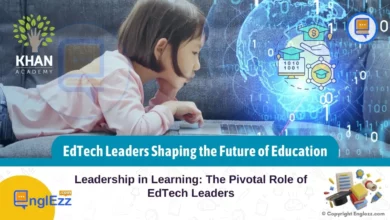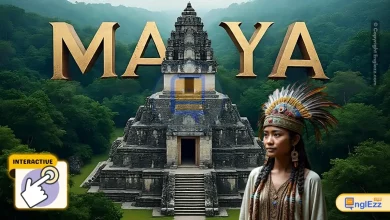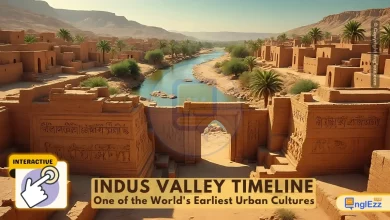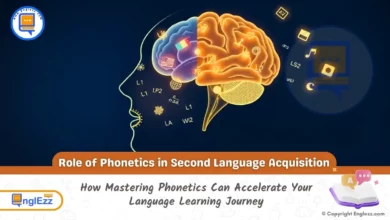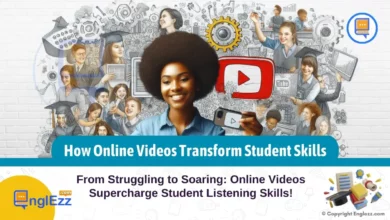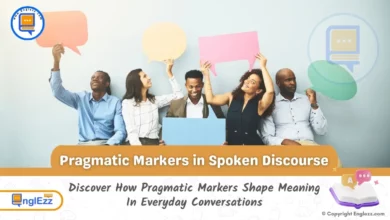In a world where change is the only constant, the realm of education stands at a pivotal crossroads, beckoning for transformation. The traditional classroom model, with its rows of desks and one-size-fits-all approach, now finds itself facing the winds of innovation blowing in from all corners. As we navigate an era defined by technological advancements, societal shifts, and evolving needs, the call to redefine education grows louder with each passing day. It is within this dynamic landscape that we embark on a journey of discovery – one that delves deep into the heart of learning to unveil alternative paths paving the way for future educational endeavors.
Exploring Alternative Education Paths
Amidst this transformative backdrop lies a tapestry of possibilities waiting to be explored. From homeschooling’s intimate embrace of personalized learning to unschooling’s daring dance with self-directed exploration, each thread weaves a unique narrative of educational evolution. As we chisel away at conventional notions and shed light on unconventional approaches, a mosaic of innovative teaching methodologies emerges – inviting educators, parents, students, and lifelong learners alike to cast aside preconceived limitations and embrace new horizons in pursuit of knowledge.
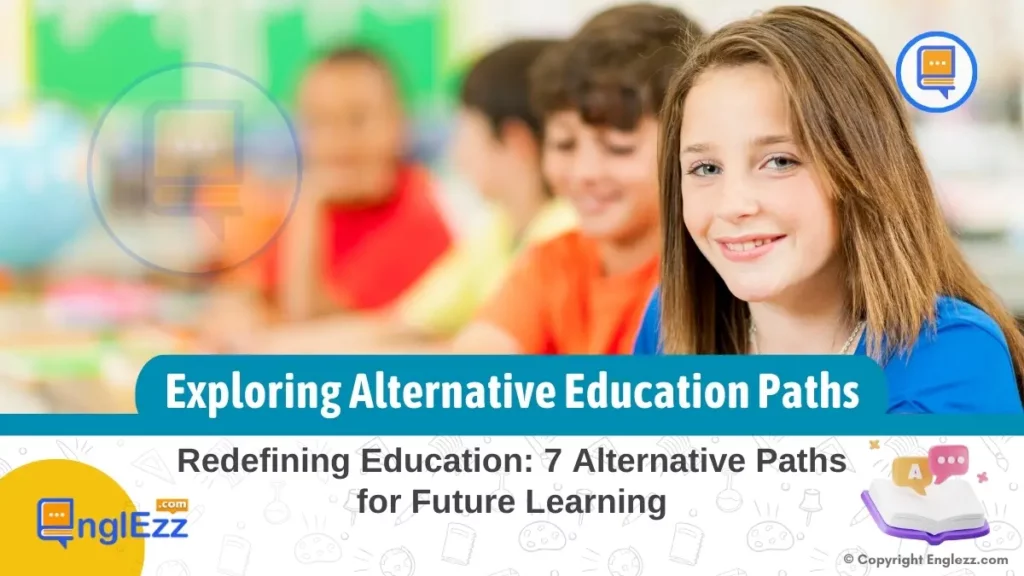
Join us as we unfurl these seven alternative paths towards learning enlightenment, ushering in an era where curiosity reigns supreme and the spirit of exploration knows no bounds.
What Is Homeschooling?
Homeschooling is a dynamic educational approach that empowers students with personalized learning experiences crafted to suit their unique learning styles. By tailoring the curriculum to individual needs, homeschooling nurtures a deep understanding of subjects and fosters a love for learning. For example, imagine a child who excels in math but struggles with writing. Homeschooling allows parents or educators to dedicate more time and resources to bolster the child’s writing skills while still maintaining momentum in math, ensuring holistic growth.
Moreover, flexibility and freedom are hallmarks of homeschooling that offer families the ability to structure learning around individual rhythms and interests. Families can explore field trips, hands-on projects, or even travel opportunities as part of the educational journey. For instance, a family passionate about nature conservation might spend extended periods in national parks integrating science lessons with real-life environmental stewardship activities. This hands-on approach not only enriches education but also cultivates meaningful family bonds through shared experiences.
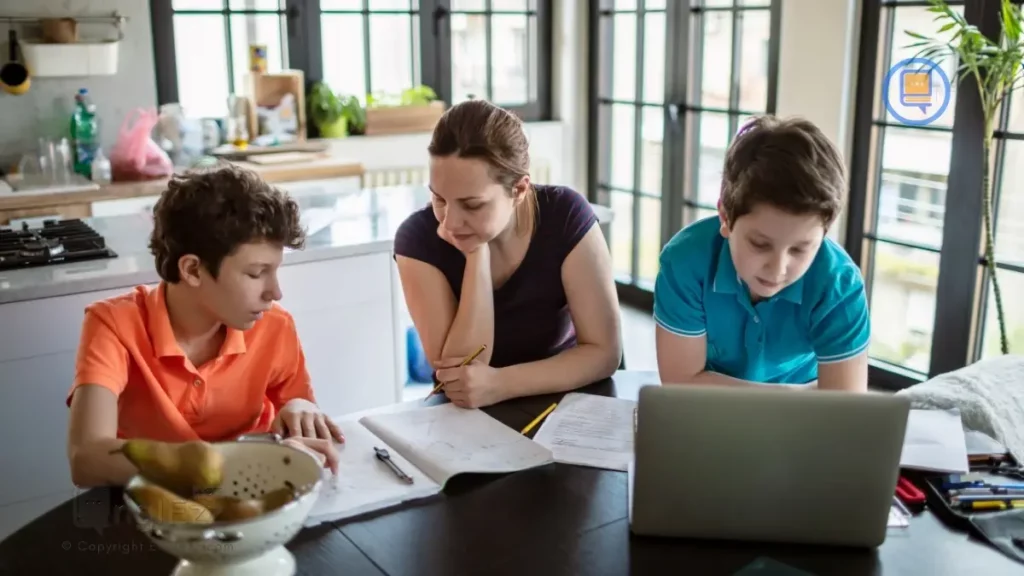
While homeschooling presents numerous benefits, challenges do arise, such as providing ample socialization opportunities for students outside traditional school settings. Parents may need to proactively organize group activities, community events, or co-op programs to ensure social interactions for their children. Additionally, curriculum planning can be demanding as parents navigate various teaching methods and resources to create a comprehensive educational experience. Despite these hurdles, the creative liberties and tailored instruction offered by homeschooling continue to attract families seeking an alternative approach to education that prioritizes individual growth and development.
Unschooling: Embracing Self-Directed Learning
Unschooling, a non-traditional educational approach, embraces the philosophy of self-directed learning without the constraints of conventional schooling structures. In unschooling, children are encouraged to follow their interests and passions as they navigate their unique educational journeys. This method values curiosity, autonomy, and real-world experiences over prescribed curriculum standards. By allowing learners the freedom to explore topics that truly engage them, unschooling nurtures creativity, critical thinking skills, and independence in students.
Through unschooling, children have the opportunity to delve deeply into subjects that fascinate them, fostering a sense of ownership over their education. For instance, a child passionate about astronomy might spend hours observing the night sky, conducting experiments related to celestial bodies, or even connecting with experts in the field for mentorship. Such immersive learning experiences not only deepen knowledge but also instill a lifelong love for exploration and discovery.
Critics of unschooling often question its effectiveness in preparing students for future academic or career pursuits. However, advocates argue that unschooled individuals develop invaluable skills such as self-motivation, adaptability, and resilience – qualities that are becoming increasingly essential in a rapidly evolving world. By dispelling misconceptions surrounding unschooling and recognizing its potential to empower learners beyond traditional classroom settings, we open doors to innovative educational pathways that celebrate individuality and foster lifelong learning.
Online Learning Platforms: Embracing the Future of Education
In a digital age where access to knowledge knows no bounds, online learning platforms have emerged as transformative tools in reshaping traditional educational paradigms. These platforms offer a wealth of resources that cater to diverse learning styles and preferences, making education accessible to learners worldwide. From interactive lessons and video tutorials to virtual classrooms and forums, online learning provides a rich tapestry of educational content tailored to individual needs.
Convenience and Adaptability
The convenience and adaptability of online learning are particularly noteworthy, transcending geographical barriers and time constraints. Students of all ages can engage in self-paced learning, allowing them to work around their schedules while pursuing their academic interests. Moreover, the flexibility of online platforms enables learners to explore a myriad of subjects beyond the confines of traditional curriculum structures. Whether it’s mastering a new language, delving into coding skills, or accessing advanced mathematics courses, the possibilities for personalized learning are endless in the digital realm.
Despite the undeniable benefits of online learning, concerns surrounding screen time, engagement levels, and interpersonal interaction in virtual environments remain pertinent. Striking a balance between screen-based activities and offline pursuits is crucial for maintaining overall well-being and cognitive health among students. Educators and parents play critical roles in fostering meaningful interactions and cultivating social skills within online communities.
By encouraging collaborative projects, discussion forums, and real-time interactions with peers and instructors, online learning platforms can create an engaging and holistic educational experience that transcends virtual boundaries. Ultimately, harnessing the full potential of online education entails addressing these challenges proactively while leveraging its countless advantages in shaping the future landscape of learning.
Project-Based Learning
Project-based learning (PBL) stands out as a dynamic approach to education that immerses students in hands-on, real-world experiences. By shifting the focus from rote memorization to active problem-solving, PBL fosters a deeper understanding of concepts and enhances critical thinking skills. Students engaged in project-based learning are encouraged to collaborate with peers, communicate their ideas effectively, and take ownership of their learning journey. This method not only equips learners with subject knowledge but also empowers them to apply it in practical scenarios, bridging the gap between theory and practice.
One notable aspect of project-based learning is its ability to promote collaboration among students. When working on projects, individuals bring diverse perspectives and skill sets to the table, fostering teamwork and cooperation. By dividing tasks based on strengths and interests, students learn to appreciate the value of collective effort and interdependence. In this collaborative environment, participants develop essential social skills while engaging in meaningful dialogue and sharing insights. Ultimately, project-based learning cultivates a sense of camaraderie and mutual support among learners, preparing them for successful interactions in future academic or professional endeavors.
In various academic settings worldwide, project-based learning has yielded remarkable results by providing students with authentic challenges that mirror real-life situations. For instance, a science class might engage in an environmental conservation project where students analyze local ecosystems and propose sustainable solutions. Not only does this initiative deepen scientific literacy, but it also instills a sense of environmental stewardship among young learners. Similarly, entrepreneurial projects can empower students to develop business plans, market products/services creatively, and understand economic principles firsthand. These immersive experiences not only broaden students’ horizons but also nurture their innovation and problem-solving abilities in practical contexts.
Dynamic Approach to Education
Experiential learning programs represent a dynamic approach to education, focusing on hands-on experiences that go beyond traditional classroom settings. By immersing participants in real-world situations, these programs emphasize practical skill development and holistic learning. One prime example of experiential learning is Outward Bound, an outdoor experiential education program that challenges participants through wilderness expeditions and team-building activities. Such programs not only enhance technical skills like navigation and survival but also foster essential traits such as leadership, resilience, and problem-solving.
Through experiential learning, individuals are given the opportunity to cultivate leadership abilities, teamwork skills, and adaptability in a context that mirrors the complexities of professional environments. For instance, programs like City Year engage young adults in full-time service roles within schools to support at-risk students. Participants develop empathy, communication skills, and project management capabilities while positively impacting educational outcomes for underserved communities. These immersive experiences prepare individuals to navigate challenging situations with confidence and competence.
The Impact of Experiential Learning
The impact of experiential learning extends beyond immediate skill acquisition; it has been shown to positively affect academic performance and career readiness. Research indicates that students who participate in internships or co-op programs have higher job placement rates post-graduation due to the practical experience gained. Experiential learning bridges the gap between theory and practice, equipping learners with the tools necessary for success in both academic pursuits and future careers. By integrating hands-on experiences into educational frameworks, institutions can nurture well-rounded individuals capable of thriving in diverse professional landscapes.
Montessori Education: Fostering Independent and Creative Learners
Montessori education is a unique approach that centers around self-directed learning and hands-on exploration within mixed-age classrooms. Founded by Dr. Maria Montessori, this methodology emphasizes the importance of allowing children to discover their interests and learn at their own pace. By providing a prepared environment with specially designed materials, Montessori schools encourage independence, curiosity, and a deep sense of respect for oneself and others. In these settings, students are encouraged to explore subjects based on their individual inclinations, fostering a love for learning that extends beyond traditional academic boundaries.
One key aspect of Montessori education is the promotion of independence and self-motivation in learners. Children are given the freedom to choose their activities within the classroom, promoting a sense of ownership over their education. This autonomy helps develop critical thinking skills, problem-solving abilities, and a strong sense of responsibility for one’s own learning journey. By engaging in hands-on activities that cater to varying learning styles, students in Montessori environments often develop a deeper understanding of concepts through experiential learning rather than rote memorization.
When comparing traditional schooling with Montessori approaches, it becomes evident that each model has its strengths and limitations. Traditional schools typically follow structured curricula with set timelines for learning outcomes, aiming for uniformity across student progression. In contrast, Montessori education allows for more individualized growth paths tailored to each child’s unique strengths and weaknesses. While traditional schooling may excel in standardized testing preparation and conformity to established educational standards, Montessori methods prioritize holistic development, creativity, and social-emotional skills alongside academic achievements.
The Promise of Outdoor Education and the Impact of Micro-Schools
As we navigate the future of learning, it becomes increasingly clear that traditional educational approaches may not fully meet the diverse needs of learners. Outdoor education emerges as a powerful tool for promoting holistic development, fostering a deep connection to nature, and enhancing experiential learning opportunities. By immersing students in natural settings, outdoor education encourages environmental stewardship, cultivates resilience, and nurtures an appreciation for the interconnectedness of all living things.
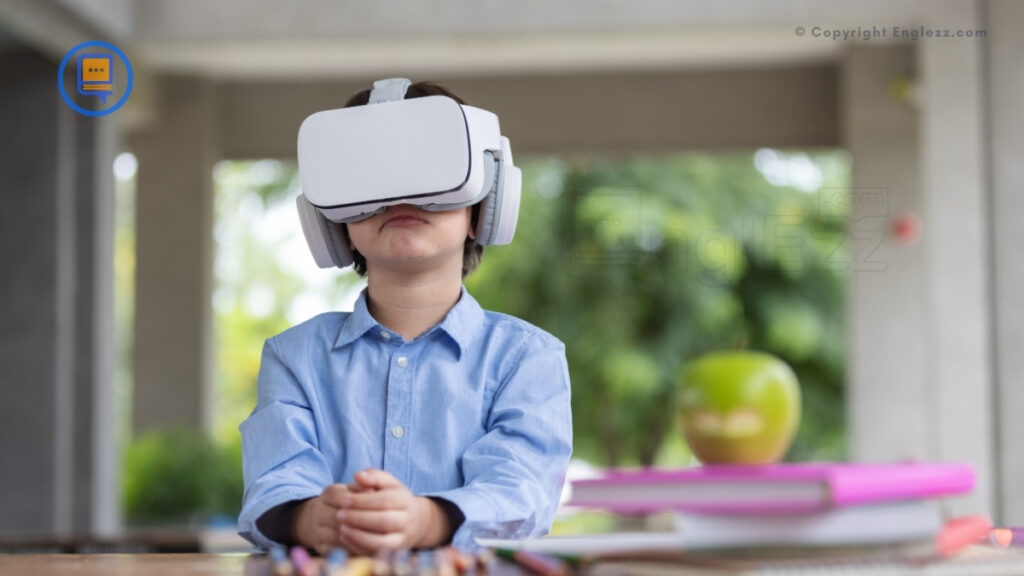
Moreover, micro-schools offer a personalized learning approach that focuses on individualized instruction, small class sizes, and community connections. These intimate learning environments allow for tailored educational experiences, meaningful teacher-student relationships, and flexible curriculum design to support each student’s unique learning journey.
Final Thoughts
In conclusion, as we embrace alternative paths for future learning such as homeschooling, unschooling, online platforms, project-based learning, experiential programs, Montessori education, outdoor education, and micro-schools alike, we embark on a transformative educational journey characterized by innovation, flexibility, and inclusivity.
By redefining education to accommodate diverse learner needs and preferences through these alternative pathways, we pave the way for a more adaptable and personalized approach to lifelong learning. Let us continue to explore the rich tapestry of educational possibilities that lie ahead with an open mind and a dedication to fostering curiosity, creativity, and growth in every learner we encounter along this inspiring educational landscape.

